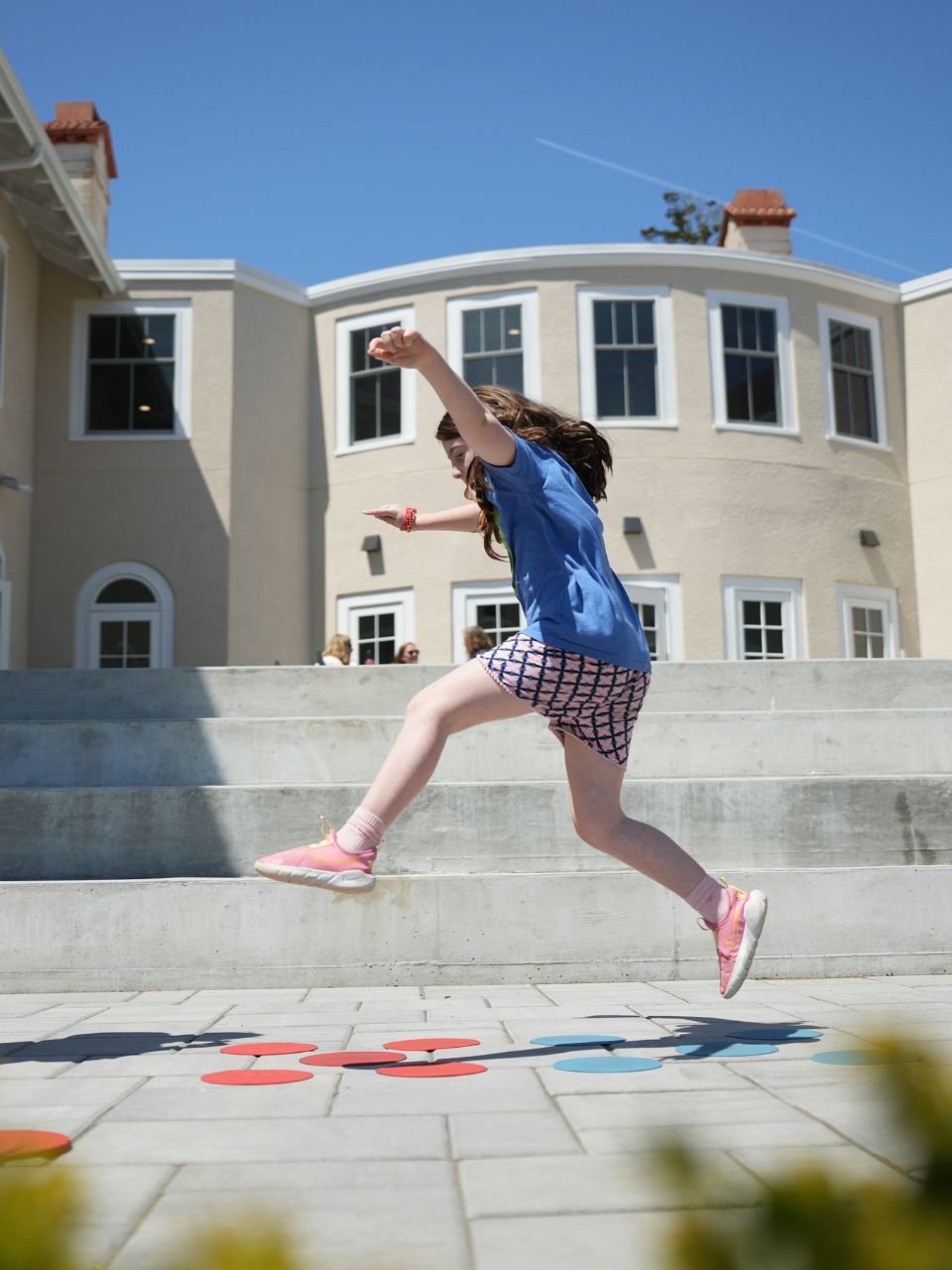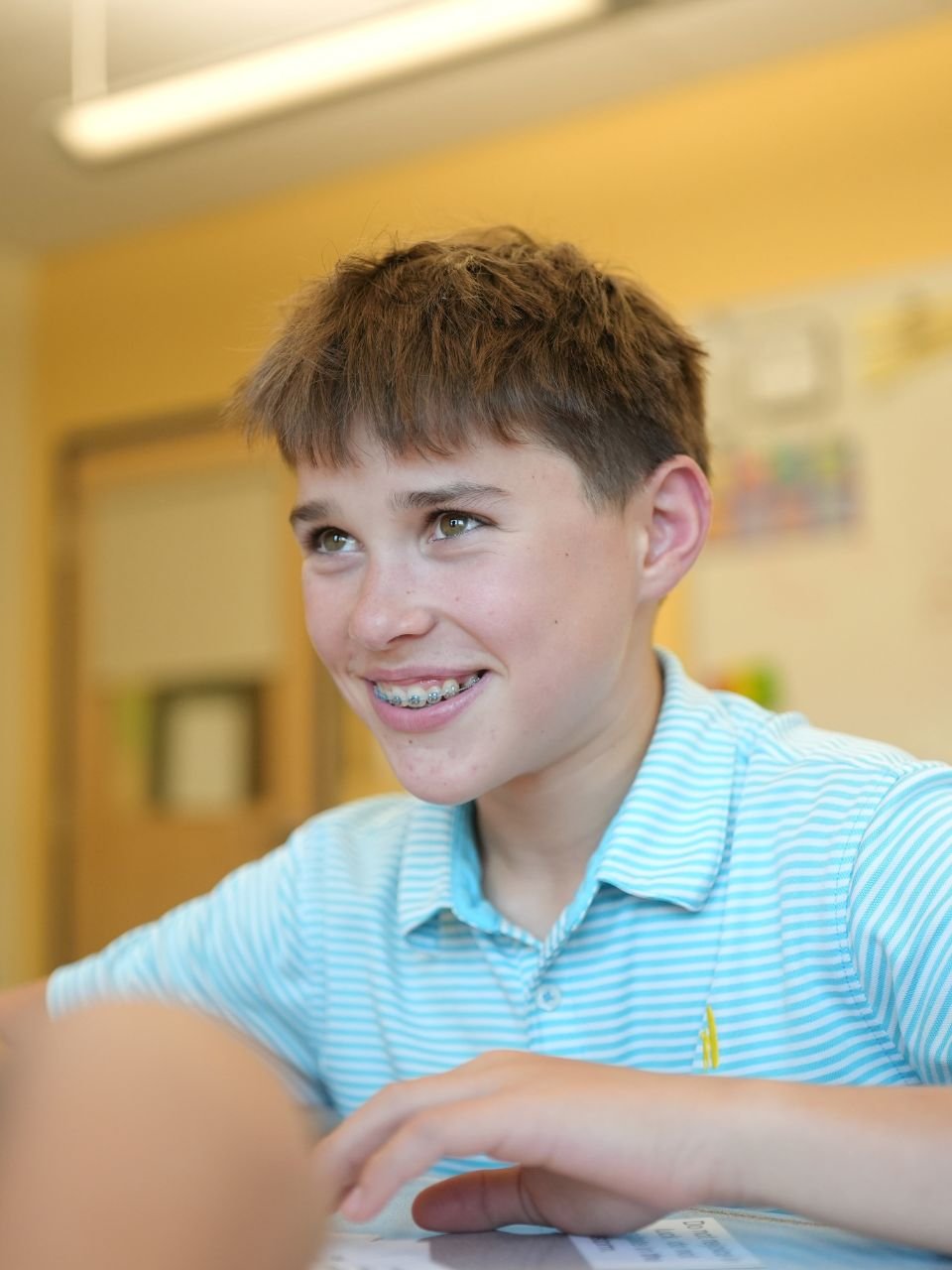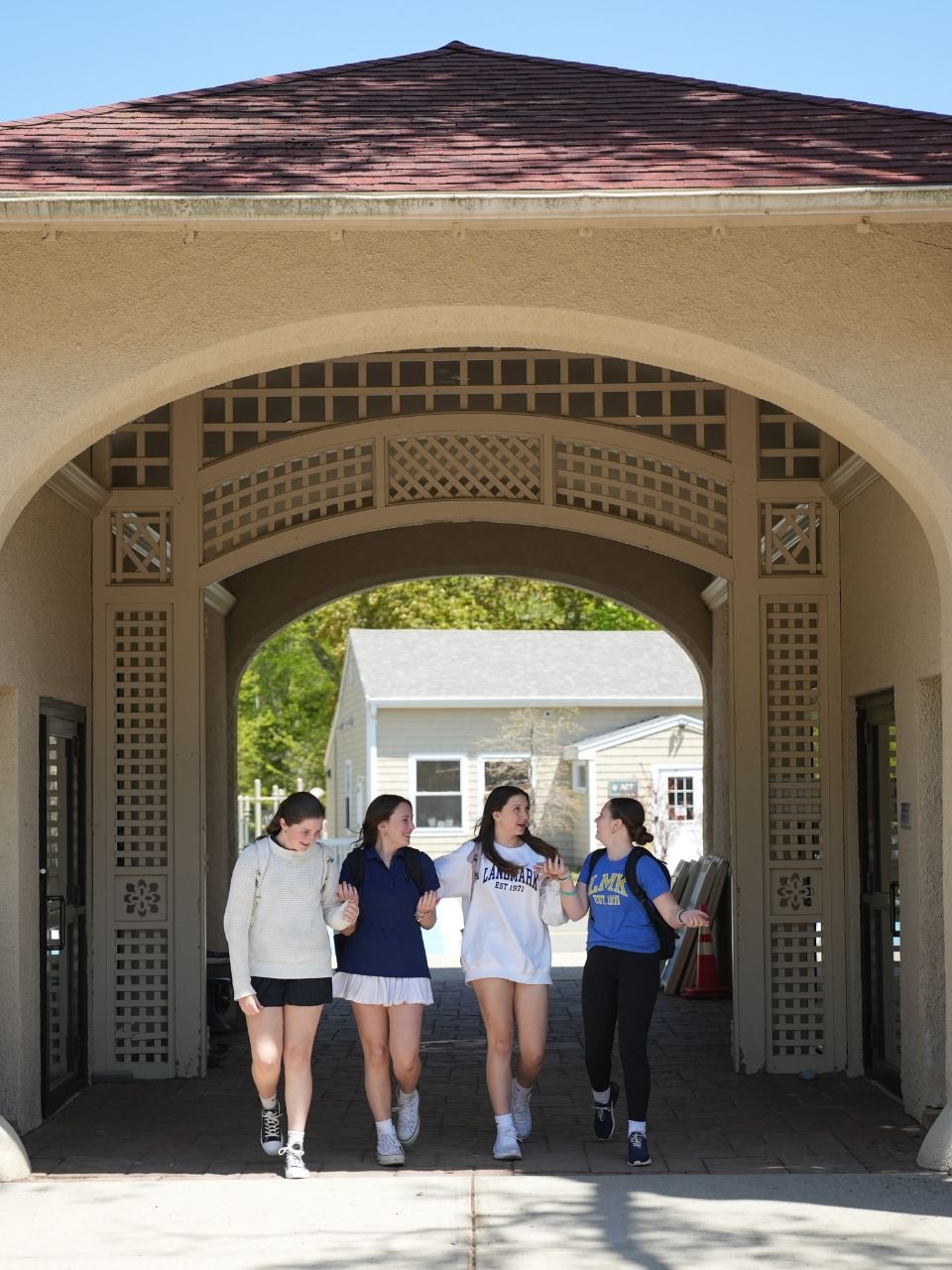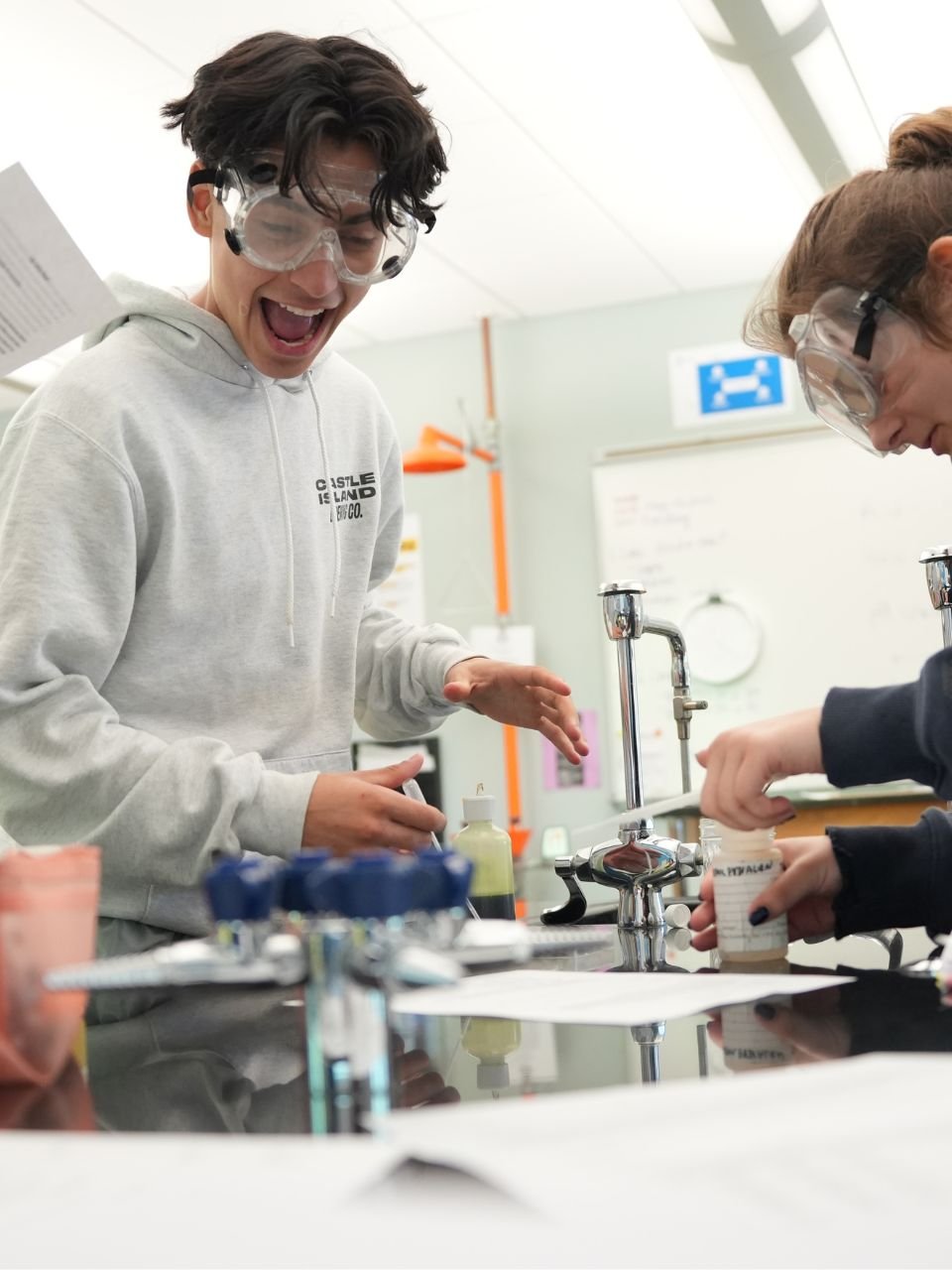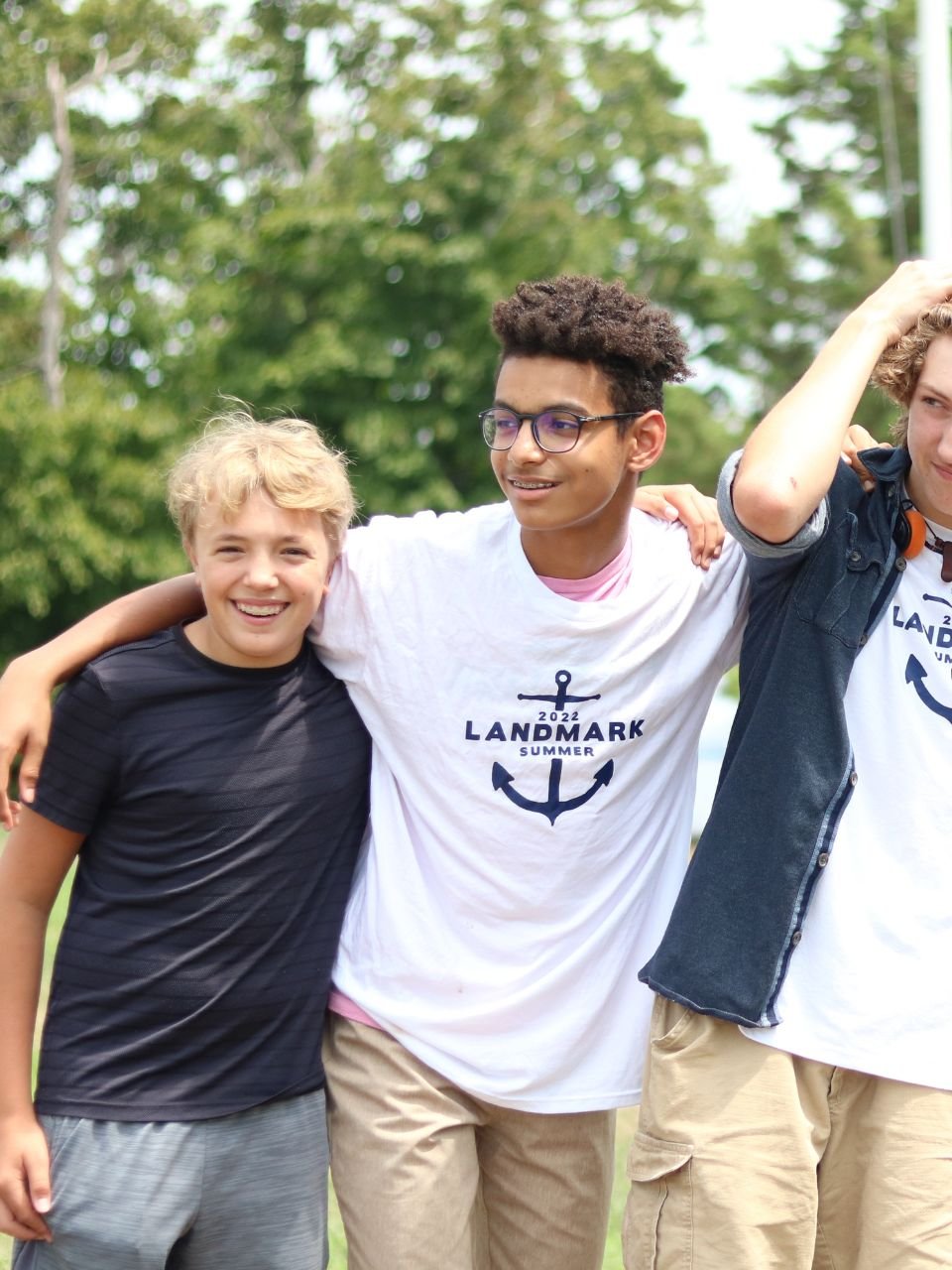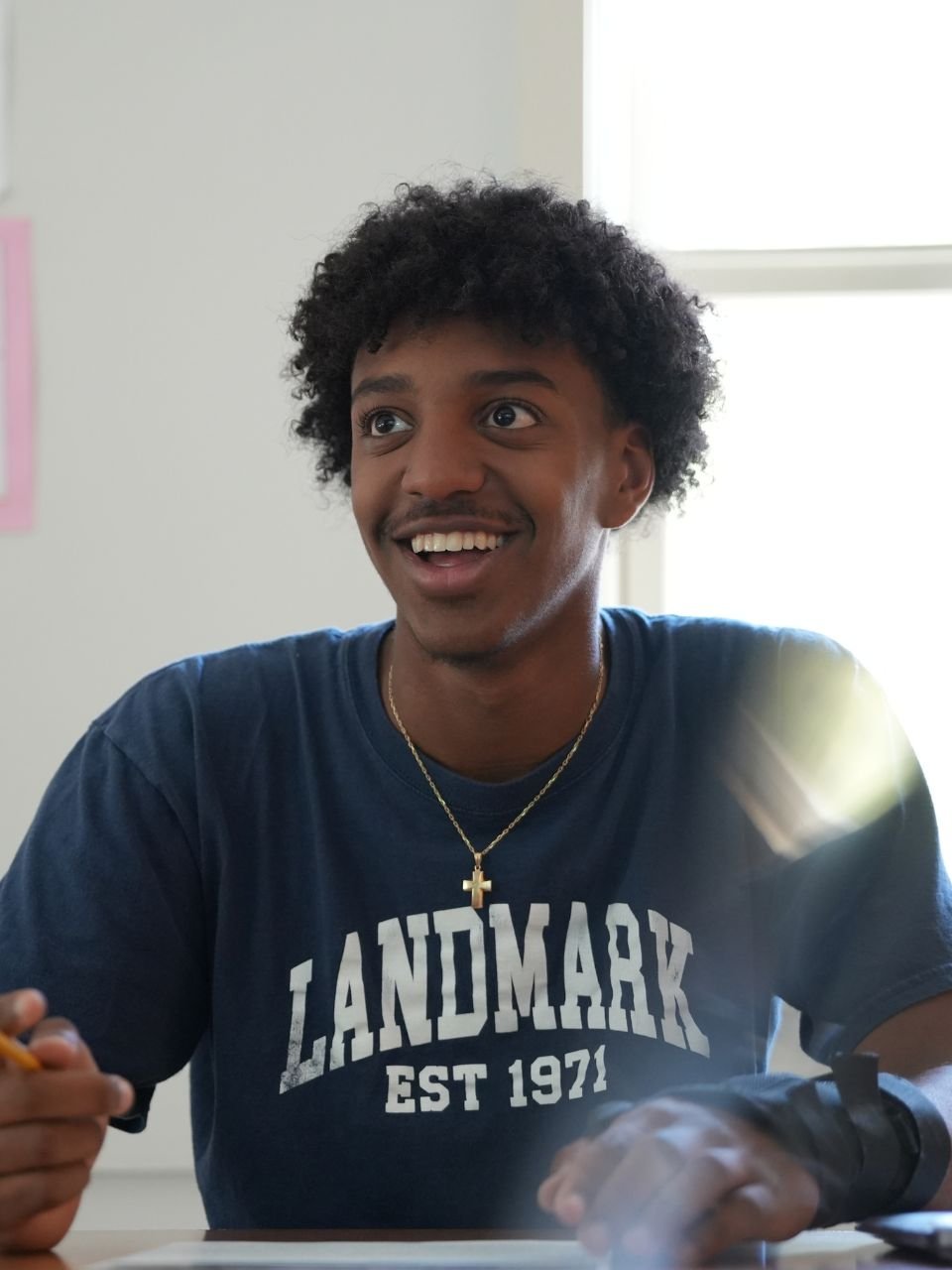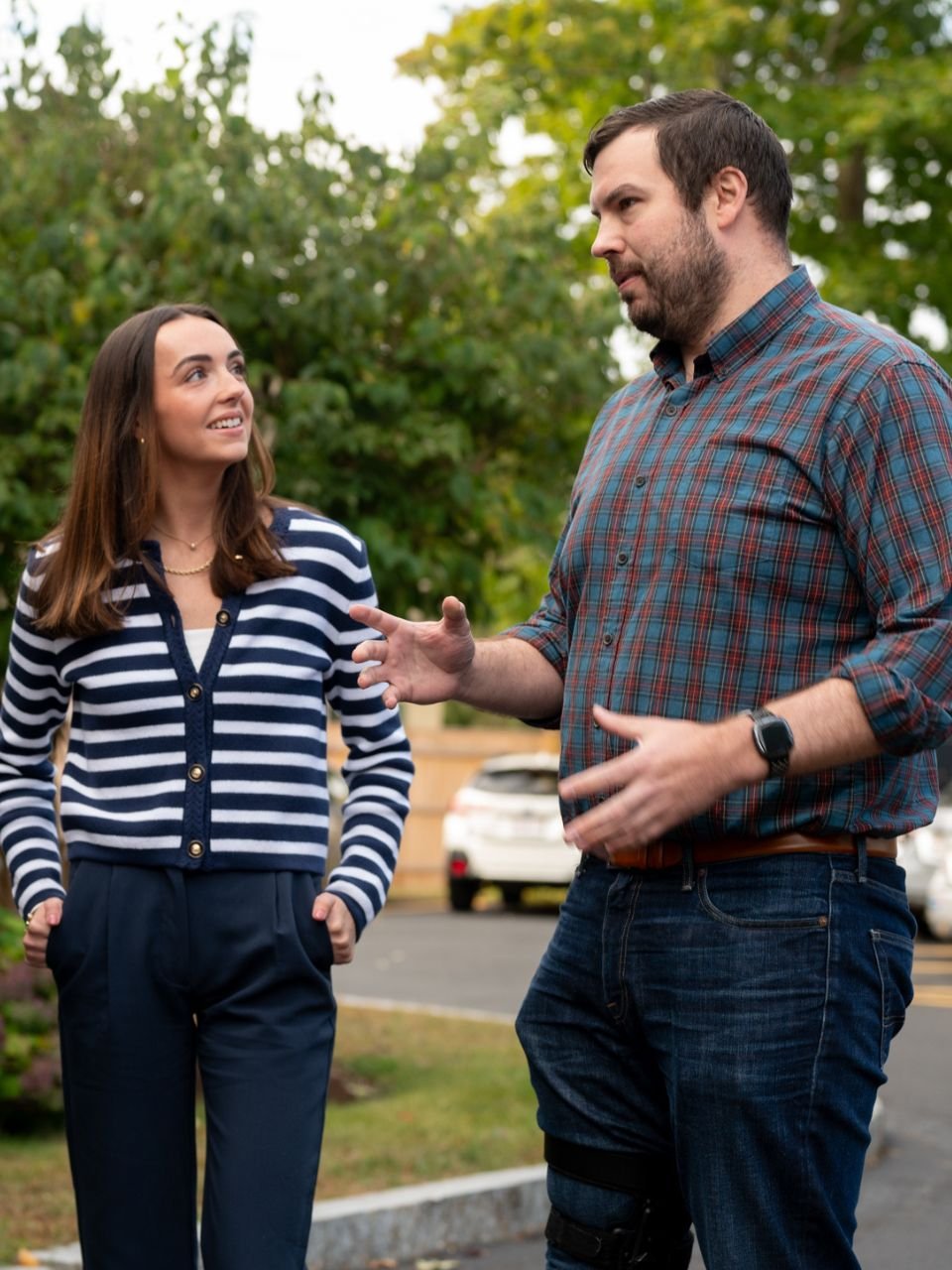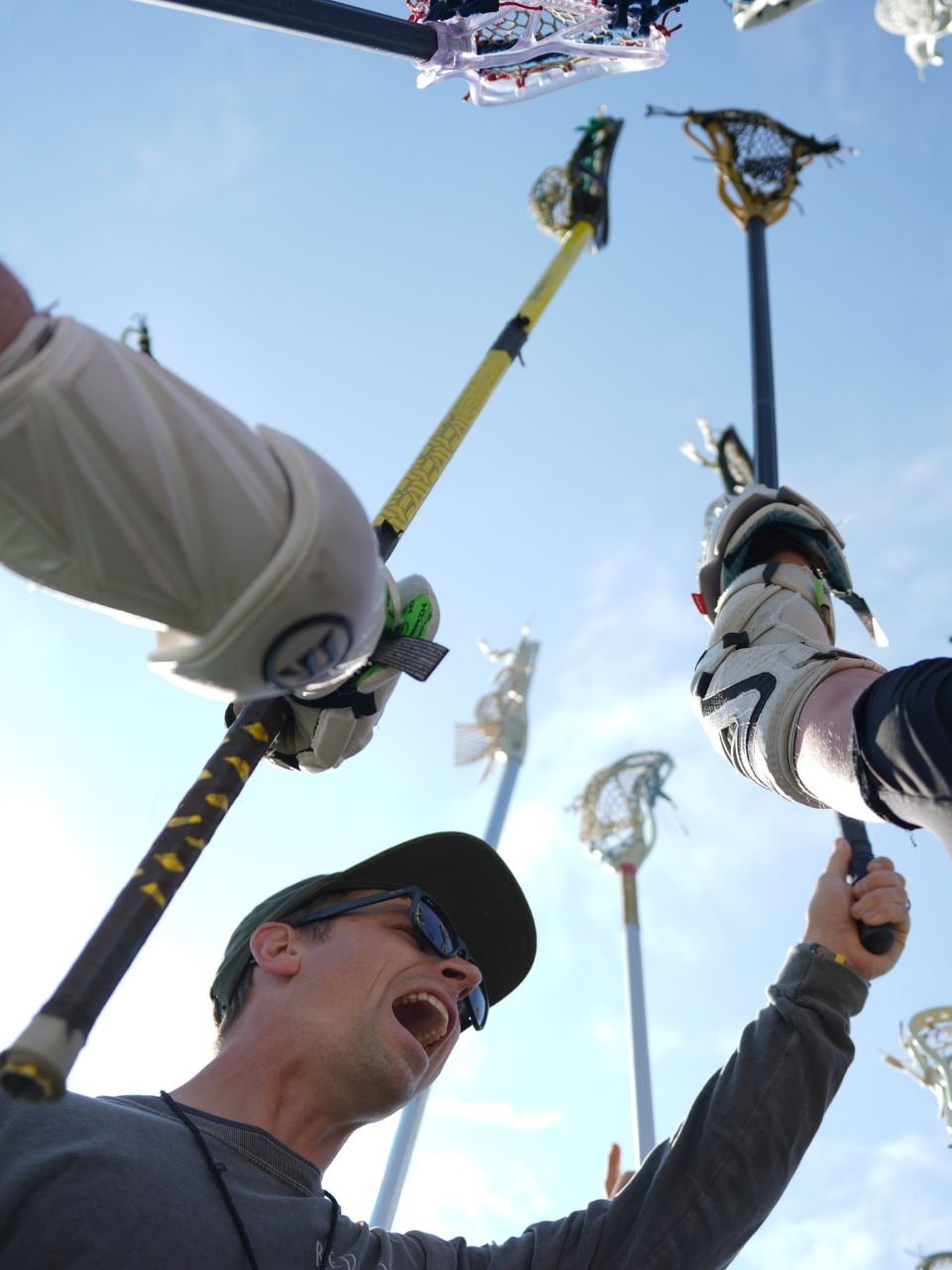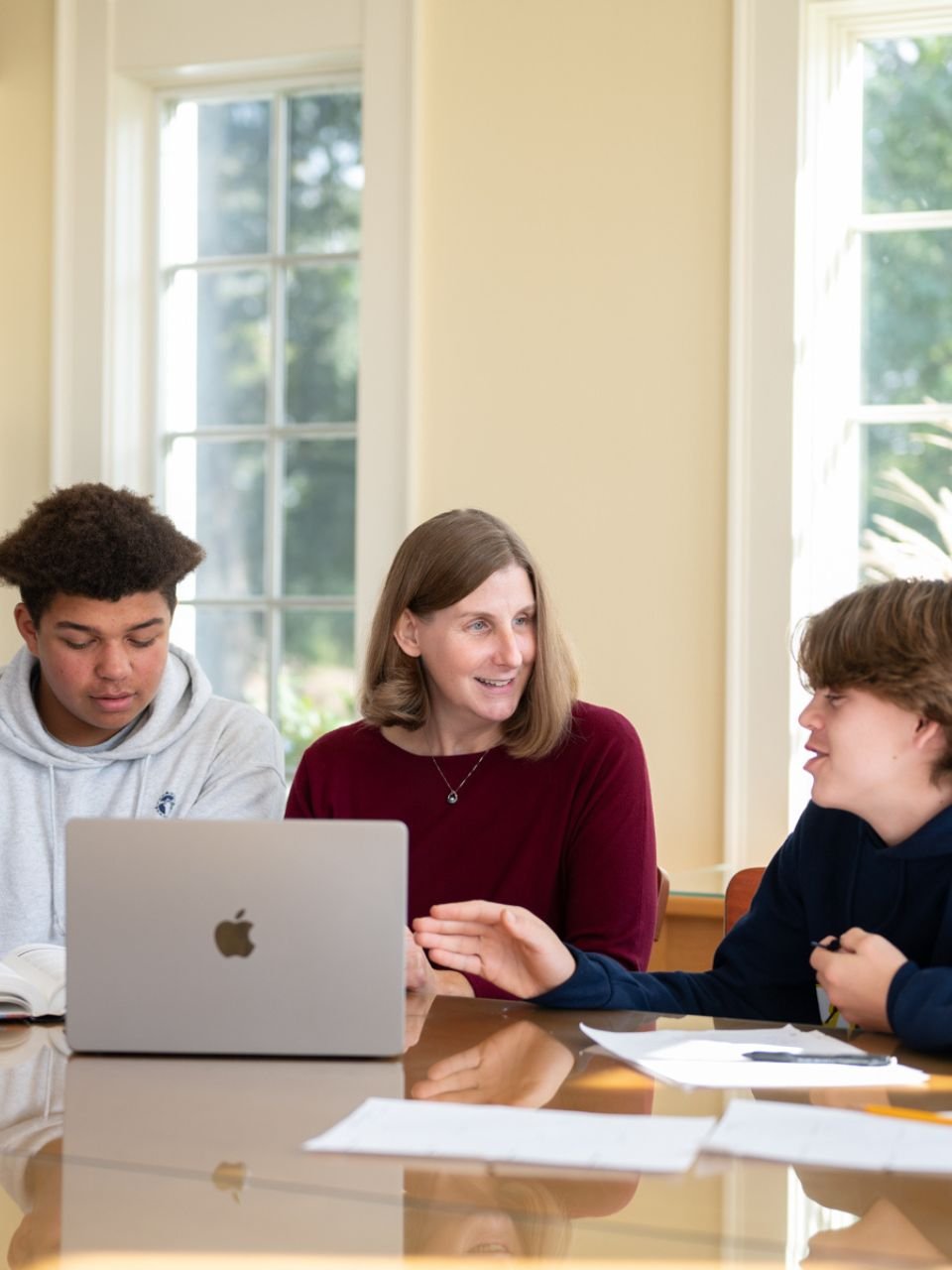- Our School
- Our Advantage
- Admission
- Elementary•Middle School
- High School
- Summer
- Giving
- Parent Resources
- For Educators
- Alumni
« Back
Bridging Brain Research and Dyslexia Awareness
October 21st, 2013
Submitted by Nadine Gaab, PhD., and Elizabeth Norton, PhD.
As scientists who study reading difficulties and developmental dyslexia, we hope that one day, we will be out of business. That is, we hope that one day, we will all understand the causes of reading difficulties, be able to identify children at risk early, know how to best diagnose a reading difficulty, and know which remediation strategy is best for every single child. Most importantly, we hope that one day all children will enjoy learning to read and reading to learn. We are not there yet, though.
Parents and teachers often ask us how our research can be translated into practice. We can promise you that we are working hard but we need more time to answer all your questions. So far, our research has given us some promising clues. For example, we have shown that preschool children who have a parent or an older sibling with dyslexia already show differences in their brain structure and function, even before they receive any reading instruction. These changes can also be seen in children who struggle with letters and certain pre-reading tasks in kindergarten. These findings suggest that children with dyslexia may have characteristic brain changes either from birth or that develop very early in life. This fact only underlines that identification and intervention need to happen as early as possible. In another area of research, our colleagues have shown that the brain basis of reading is the same whether or not there is a discrepancy between an individual’s IQ and reading ability. This will hopefully inform diagnostic criteria, and allow more children who have trouble reading to get intervention. These are just two of the areas we are learning more about through our research, and we always have more to learn.
In addition to continuing our research, we are working hard to share all the knowledge we have with the families, teachers, principals and the volunteers who work with us in these studies. We are creating an open dialogue that has mutual benefits for the research and the participating families, as well as informs clinical and educational interests. We are not researchers that waltz in to a school, collect data, and then return to an ivory tower. We are involved with our partner schools, teaching professional development sessions for the staff and brain awareness days for the children. We set up information booths at community events and frequently speak with parent groups and advocacy organizations. For families who participate in our studies, we provide reports of their child’s reading assessments and when necessary, referrals to schools and organizations that work with individuals with reading difficulties. We are doing our best to inform, to communicate, to translate and to disseminate our knowledge, and we will keep going until every child reads well.
Learn more: The Gaab Lab at Boston Children’s Hospital: http://www.childrenshospital.org/research-and-innovation/research-labs/gaab-laboratory The Gabrieli Lab in the McGovern Institute for Brain Research at MIT: http://gablab.mit.edu/index.php/participate
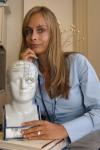
Nadine Gaab, PhD., is an assistant Professor of Pediatrics at the Boston Children’s Hospital/Harvard Medical School, Principal Researcher at the Gaab Laboratory, member of the faculty at the Harvard Graduate School of Education, and faculty adjunct at Brandeis University.

Elizabeth Norton, PhD., Gabrieli Lab in the McGovern Institute for Brain Research at MIT, READstudy and former Landmark School science teacher.
Posted in the category Learning Disabilities.





